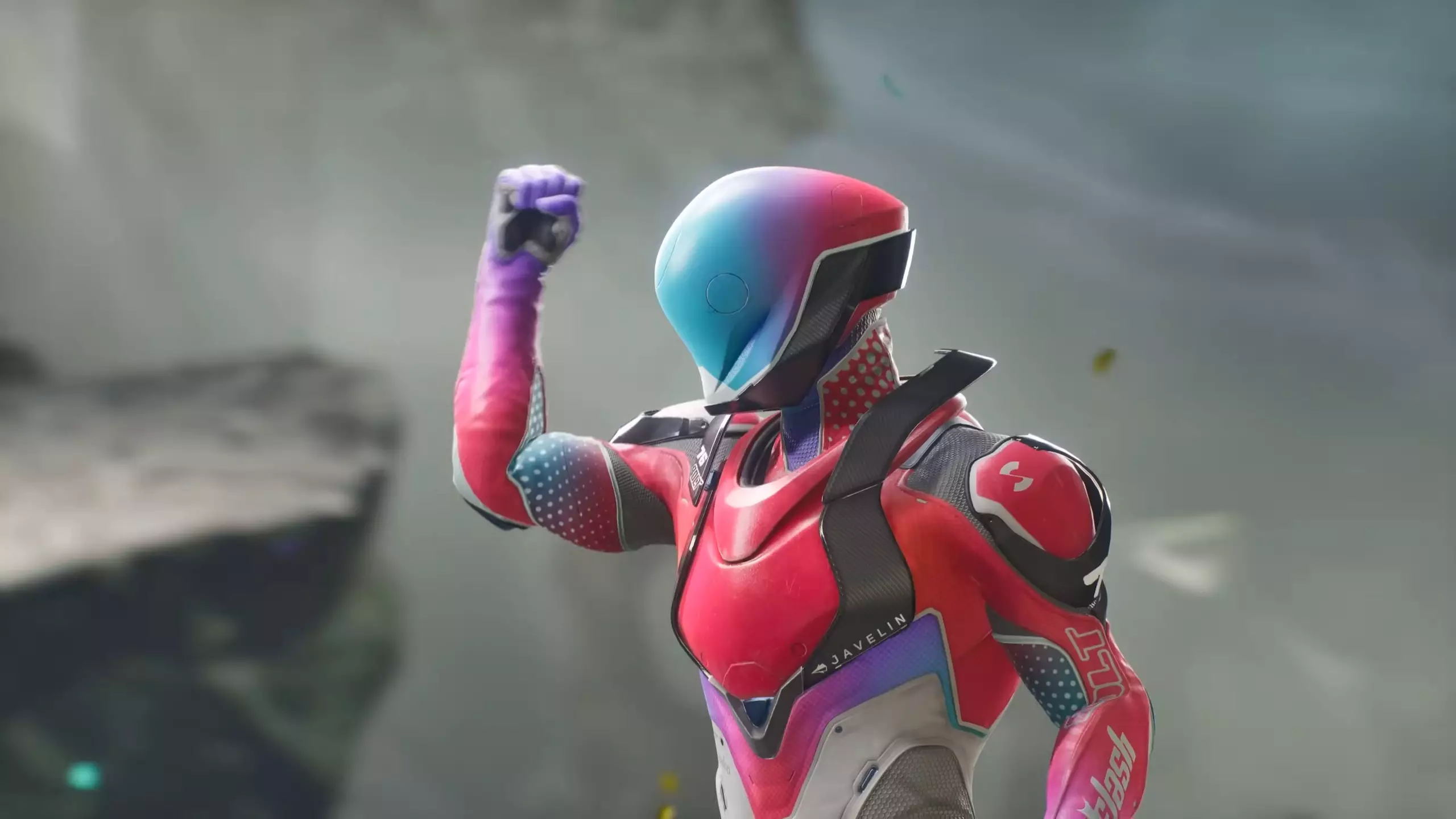When gaming communities rally around upcoming titles, enthusiasm often leads to heightened expectations regarding gameplay innovations and narrative depth. Splitgate 2, a sequel to the popular portal-based shooter, initially generated significant excitement among fans. Visually appealing and promising fresh gameplay experiences, it seemed poised for success. However, the recent Summer Game Fest appearance marked a shift from optimism to a growing sense of disillusionment, chiefly due to the blunders of co-founder and CEO Ian Proulx. Instead of riding the wave of favorable momentum, he transformed a celebratory moment into a cringe-inducing fiasco.
Missteps in Leadership
Proulx’s comments reveal a fundamental misunderstanding of the gaming community’s pulse. By expressing a dislike for Call of Duty while also heralding Splitgate 2’s new battle royale mode, he encapsulated a level of irony that fans found hard to swallow. The juxtaposition of wanting to “Make FPS Great Again” while leveraging an inherently popular yet saturated battle royale format felt disconnected. It’s puzzling how he could overlook the fact that their new mode could be viewed as an attempt to capitalize on a trend rather than carve out new territory. The backlash on platforms like Twitter and Reddit indicates that players were not simply amused; they were downright offended.
Crisis of Perception
The optics of his presentation were equally damaging. From his choice of words to the soundtrack selection—which featured an Imagine Dragons remix—those watching felt a disconnect from the identity of the Splitgate franchise. The backlash was immediate and widespread. Fans expressed their disappointment with vivid and sometimes harsh rhetoric, articulating that they felt embarrassed supporting a title that seemed to be fumbling so publicly. YouTuber Jacob Geller echoed widespread sentiments when he pointedly remarked that any developer would feel exasperated by a leader’s ability to hijack their hard work with foolishness on such a prominent stage.
The Community’s Reaction
A plethora of online posts emerged, indicating that the gaming community felt robbed of their credibility as fans. “I now feel embarrassed for liking this game,” read a poignant lament from a Reddit user. Such sentiments reflect not just a trivial disdain but a disheartening perception shift that could damage the franchise’s long-term viability. For communities that thrive on loyalty and shared passion, seeing their game’s figurehead act out in cringe-worthy fashion can lead to deep-seated mistrust in the brand’s future.
A Learning Moment for Developers
This debacle underscores a broader lesson for game developers and executives: the importance of understanding the community and respecting its culture. In an era where gamers are more vocal than ever, the disparity between developer intentions and player expectations can create significant fallout when not approached artfully. The stakes are high, especially in a market inundated with choices. Leadership needs to embody the values of the community, diverging from self-indulgent rhetoric to engage with fans actively.
Reflections on Engagement
The division stirred up by Proulx raises an important question about engagement within gaming culture. What remains vital is the connection between creators and their audience. When developers stray too far from the cultural sentiments of their player base, they risk alienating those who would want to embrace their creations. In this case, Splitgate 2 saw a fragmentation of its community based on misguided leadership. There’s a narrative here about the power of presentation and the consequences of failing to resonate authentically with an audience.
Looking Forward
While Splitgate 2 is experiencing server traffic surges, buoyed by the excitement around its updates, the damage done by this episode could linger. Public relations crises are often a double-edged sword; they can either catalyze change or herald decline. If the development team can regroup and realign its messaging to better reflect community values, there may yet be hope for this title. However, continued missteps in public perception could jeopardize an otherwise promising sequel. The future trajectory of Splitgate 2 will hinge on the lessons learned from this public relations nightmare, as fans will be watching closely to see how their voices are prioritized going forward.

